Vehicle owners install glasspacks to refine the engine's-generated noise before it is released. If you intend to buy one, chances are you would like to know how long it lasts and how often you might need to replace it. To provide you with a reliable answer, we have done thorough research. Here's what we found.
The average lifespan of a glasspack is around six months to a year. But its longevity mainly depends on the quality of the glasspack, how often you drive, and the quality of the sound suppression material used by the manufacturer.
When it comes to installing a glasspack, there is still more information you need to learn about durability, advantages, and disadvantages. So stick around as these topics and more will be covered in this post.
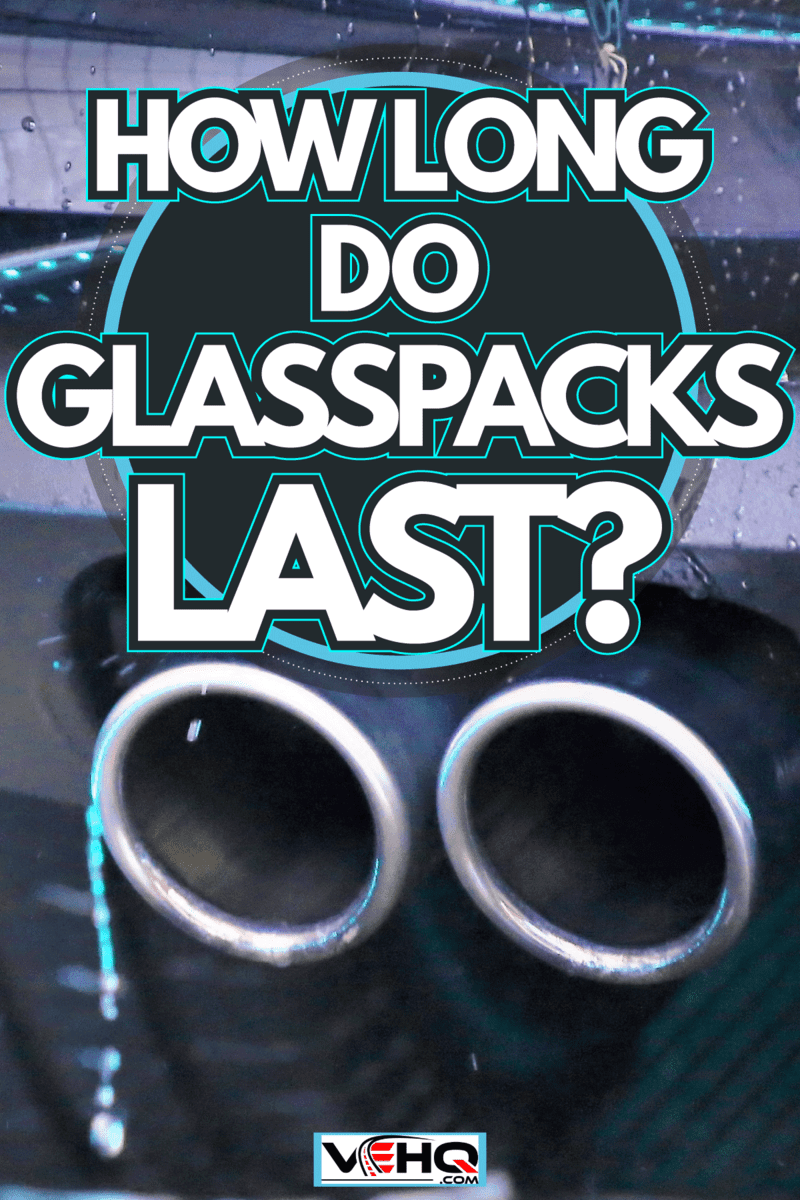
What is a Glasspack [Purpose & Use]
A glasspack helps the passage of exhaust gas from the part of the engine that is responsible for combustion. Glasspacks are efficient in assisting the engines in relieving backpressure in such a way that the sound does not bounce back to the engine.
Unlike conventional mufflers, glasspacks are not only designed to decrease the sound or noise coming from the combustion engine. Its primary purpose is to make the car engine sound more refined and rumbly.
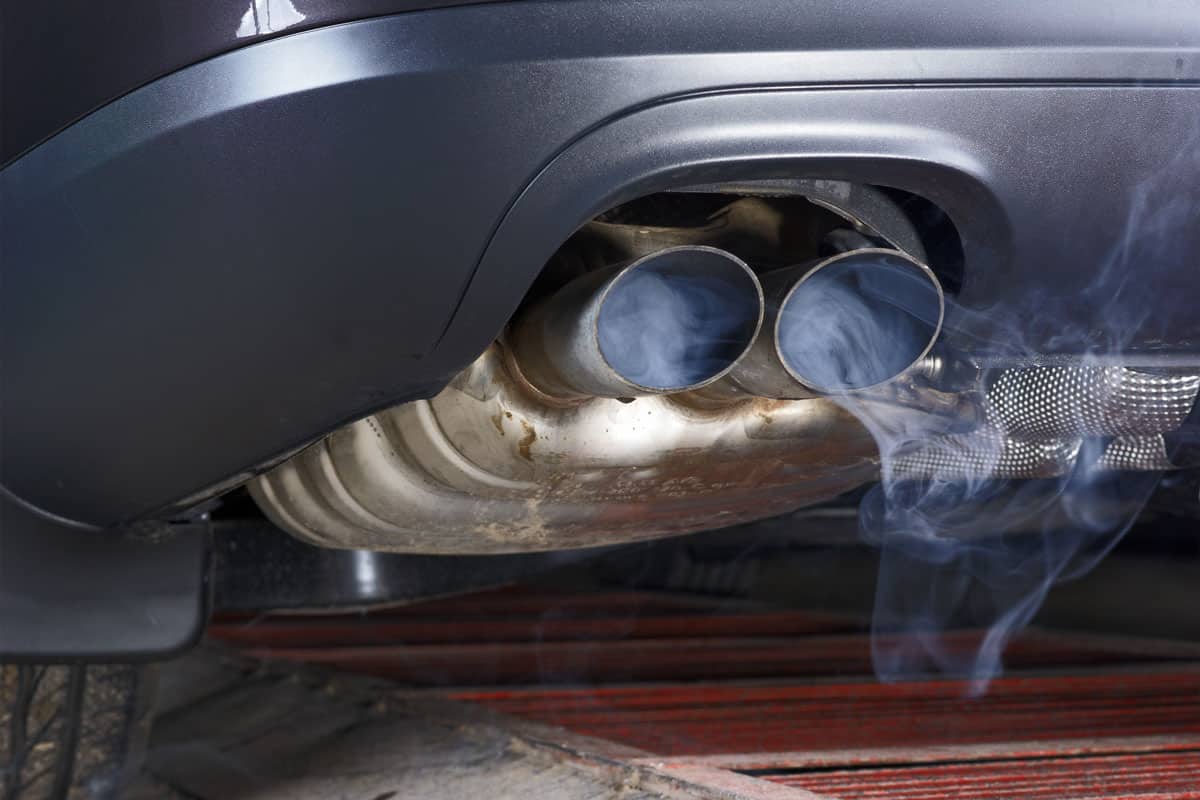
The Purpose and Uses of Glasspack Mufflers
The first glasspacks were created in 1968 by a company called Cherry Bomb. The primary purpose of these mufflers was for vehicles to have better sounds. It is also vital to note that an ordinary exhaust pipe is louder than a glasspack muffler, albeit glasspacks are more fine-tuned.
Here are the three main uses of glasspack mufflers:
- Improving the sound coming from the engine.
- Preventing sounds from resonating back to the engine, thereby reducing backpressure.
- Increasing the horsepower of the vehicle, thereby increasing its speed.
Most glasspacks are made of aluminum steel and have a red coating. They often produce a deep range of noises due to their makeup.
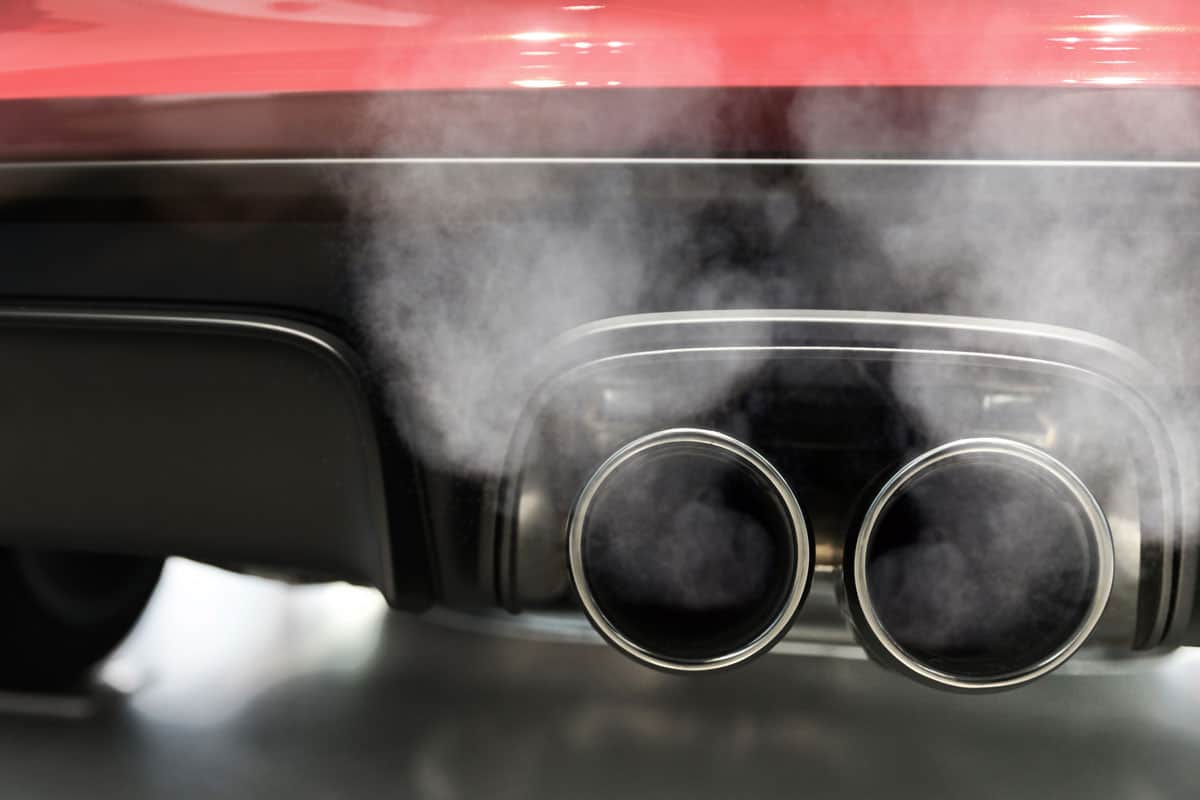
What Does Backpressure Mean?
Backpressure in a confined space, such as a pipe, refers to the pressure that opposes the desired flow. Backpressure is the leftovers of pressure in the intended direction of movement, not pressure moving in the opposite direction.
Backpressure is equivalent to pressure blockage for drilling, rehabilitation, or pipe installation. Pipe bends, twists, curves, and any impediment within the pipe can cause flow constraints. Backpressure can be created by any or all of these pipe constraints.
How Long Does Glasspacks Last?
The lifespan of glasspacks depends on various factors such as quality, proximity to the engine, and user behavior. Below is a more detailed explanation of these factors.
Quality of Glasspack
The quality of most automobile accessories determines their longetivity and usefulness. Glasspacks are no exception. The higher the quality of the product you buy, the more durable it will be.
High-end glasspack mufflers are always made of welded aluminized steel. If you decide to go for glasspacks of lesser prices and low quality, it is possible you might need to replace them after a little while.
Proximity to Engines
The glasspack's closeness to the engine also plays a significant role in its lifespan. How close the glasspack is to the engine would determine how hot it would get from time to time. The more heat it takes, the more likely the material that muffles the sound burns away.
User Behaviour
As a vehicle owner, how you take care of your vehicle affects different parts, including glasspacks. How often you drive also determines how much work your glasspacks would do. If you drive daily and long distances, there is a possibility that your glasspack would wear out faster.
Advantages of Glasspacks
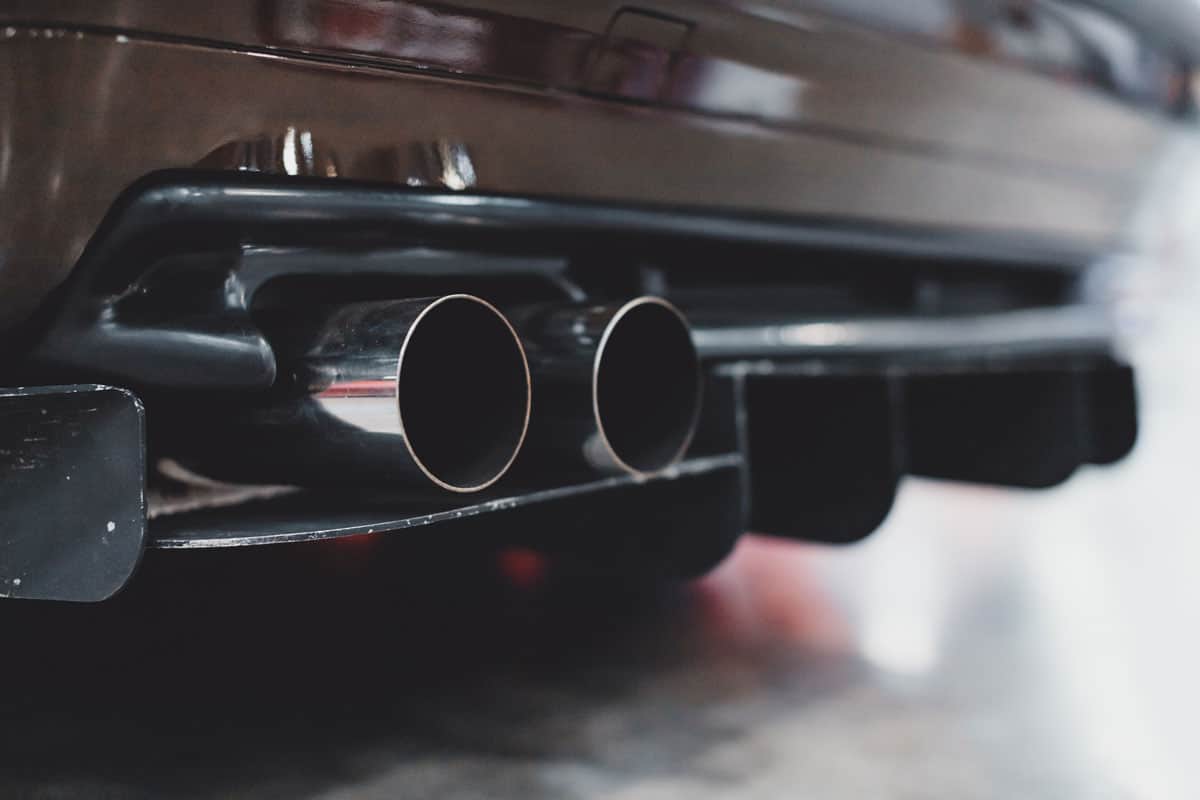
If you wonder if installing a glasspack is worth it, it is essential to consider the advantages and the disadvantages of using one.
Advantages of using Glasspacks
Here are some advantages of using glasspacks:
They Reduce Pressure on Engines
When engine sound is created, glasspacks relieve pressure on the engine by dispersing sound wave pressure through glass particles. This is referred to as backpressure.
Because of all of the curves and holes that the exhaust must pass through, glasspacks create significant backpressure. The engine's power is reduced slightly as a result of this.
Cheap to Purchase
One of the main advantages of utilizing glasspacks is that it is inexpensive. You can obtain one for as little as $30, but the quality and brand also influence the price.
Glasspacks add to Vehicles Aesthetics
Most glasspacks are polished with a red color. This adds to the vehicle's looks, unlike the default color of the exhaust pipe.
Reduces Noise
Glasspacks reduce noises from the vehicle's exhaust, causing it to make a pleasing sound. Most glasspacks produce better and lower noise when compared with the standard mufflers.
Disadvantages of Using Glasspacks
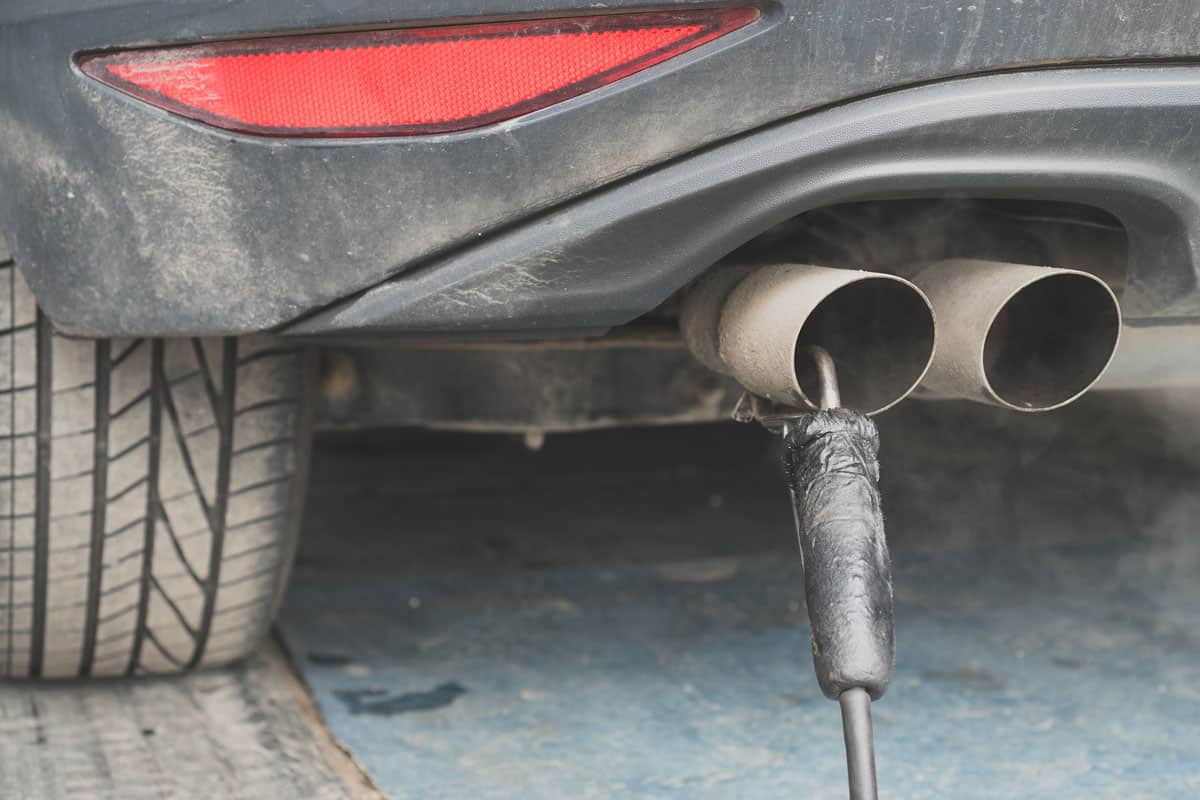
Below are a few demerits to installing glasspacks:
Glasspacks Get Blown Out Sometimes
The main disadvantage of glasspacks is that the design does not endure indefinitely. The fiberglass packing will disintegrate over time. You might be unaware that the inner glass has been blown out except during inspection or when you notice a change in sound.
As the fiberglass deteriorates, the sound quality may also decrease as well. Glasspacks of higher grade have better packaging and will last considerably longer before they break down.
Regional Rules and Regulations
Some cities have noise restrictions on how loud your exhaust can be. If you are going to modify the sound of your car, you should be aware of the rules and restrictions in your region.
If you are unsure about the volume of your exhaust, download a decibel reader on your phone and take some readings. Remember that your hearing is equally important, and prolonged exposure to loud noise can cause irreversible hearing impairment.
Do Glasspacks Get Louder Overtime?
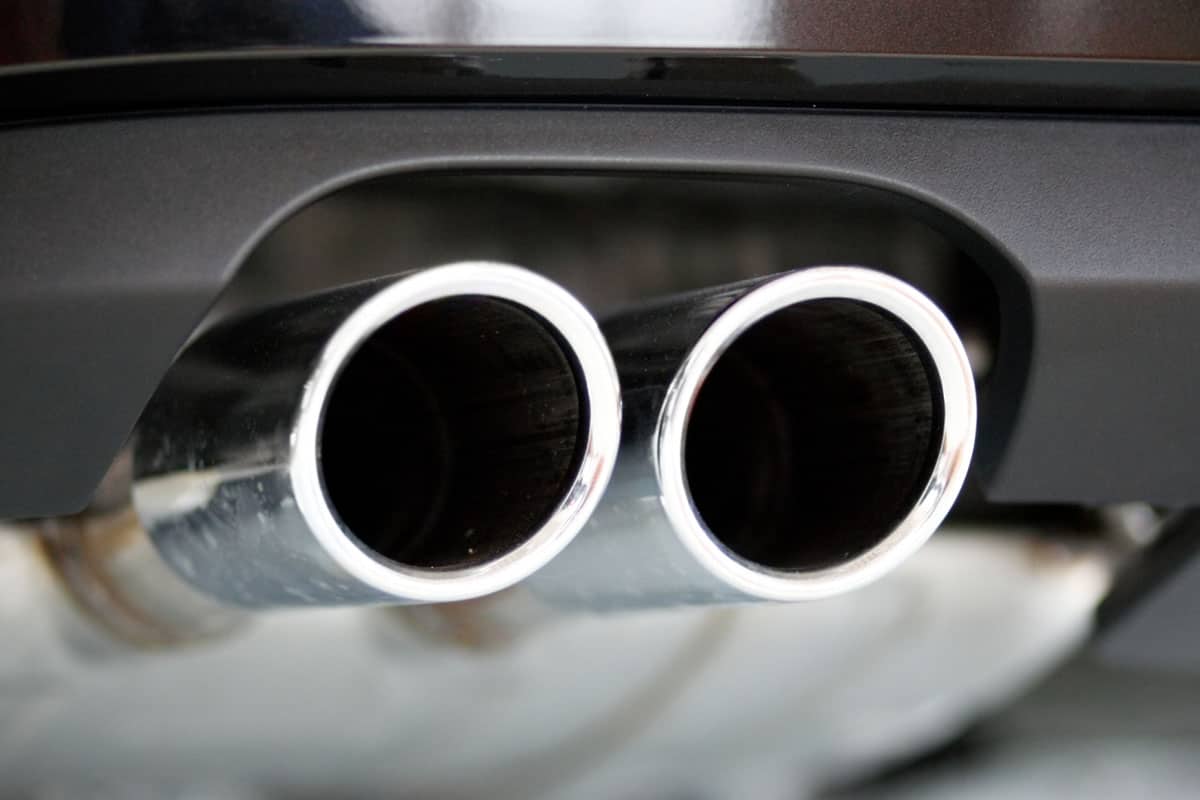
The glass within the glass-packed muffler depletes over time. As a result, the exhaust sound and rumbling become even louder. The older the glass packs are, the louder they get in general. As a result, the glasspack mufflers' sound reduction qualities deteriorate with time.
Depending on how frequently you drive, this typically happens after around two weeks to a month of driving. Because fiberglass begins to burn at 1,000 degrees Fahrenheit, glass pack mufflers can get louder over time.
Is Glasspack the Loudest?
Glasspacks can be noisier than standard mufflers. Standard mufflers are designed to be ecologically friendly while simultaneously improving fuel efficiency. Glasspacks, on the other hand, are designed mainly for sound and performance.
Straight pipes are not noisier than glasspack exhausts. Straight piping eliminates the car's sound-deadening system. The fiberglass within the walls of the glasspack provides some sound attenuation, despite their loudness. It's not as loud as direct piping, but it is close.
The straight pipe has just one advantage over a glasspack muffler: it is far less expensive. You'll need some new pipes, a saw, and a welder to install it.
Does Length Determine How Loud a Glasspack Muffler is?
The length of a glass pack will only affect the volume. Longer glasspacks are quieter than shorter ones. However, the length only reduces the overall loudness of the exhaust by a small amount.
Newer autos have shorter glasspacks, whereas older models have longer glasspacks. Longer glasspacks are often quieter since sound waves have more distance to travel, resulting in less noise coming out of the pipe's end.
Is a Glasspack Worth It?
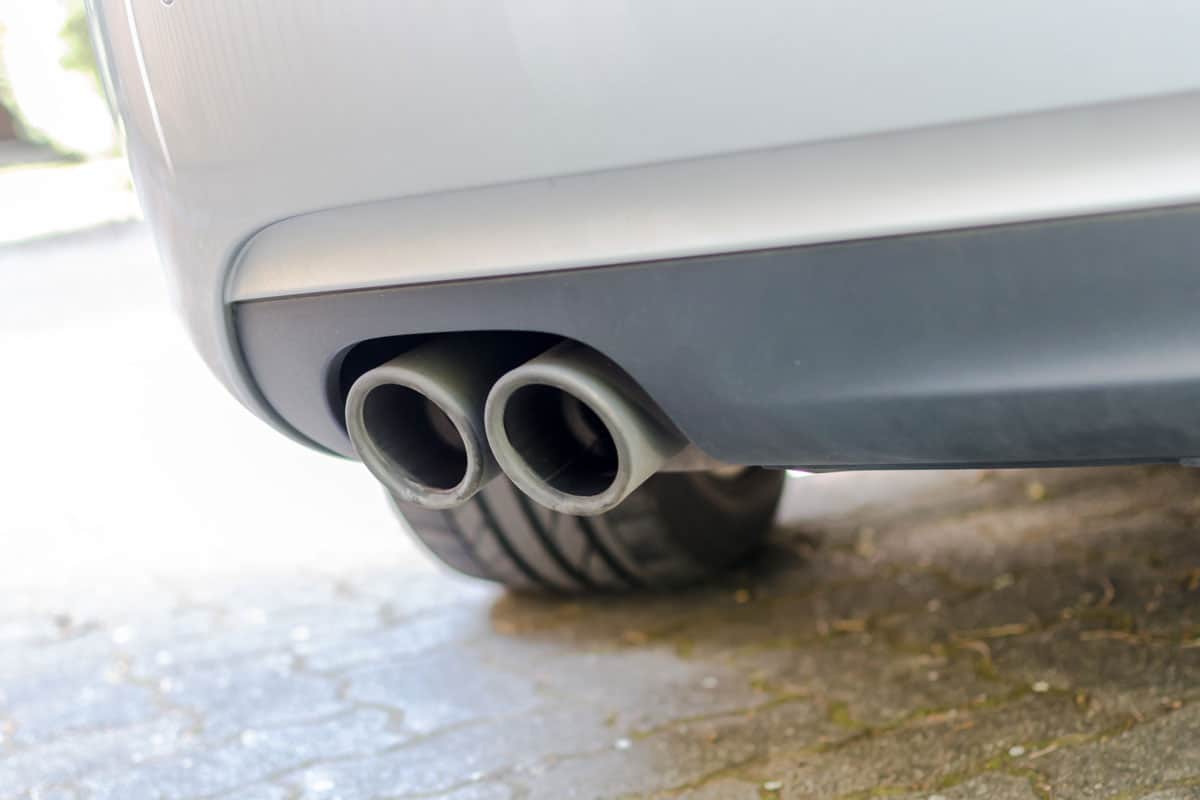
Glasspacks are known for their distinctive sound and sleek looks. They provide a better exhaust flow than most other mufflers, which improves your vehicle's performance and fuel efficiency.
If you can install one without breaking any law or regulation of the local authority, then it is worth it. You will need to be very careful to select the right one for your vehicle to ensure longevity.
How Do You Burn Out a Glasspack?
Burning out a glasspack involves extracting the glass from within the glasspack, and one method to do this is to heat it first, then fill it with water. This cracks the glass within, allowing for more or less free-flowing exhaust.
You could also use a normal glasspack, fill it with gasoline, kerosene, or flammable liquid, and then set it on fire. However, this might be dangerous.
In Summary
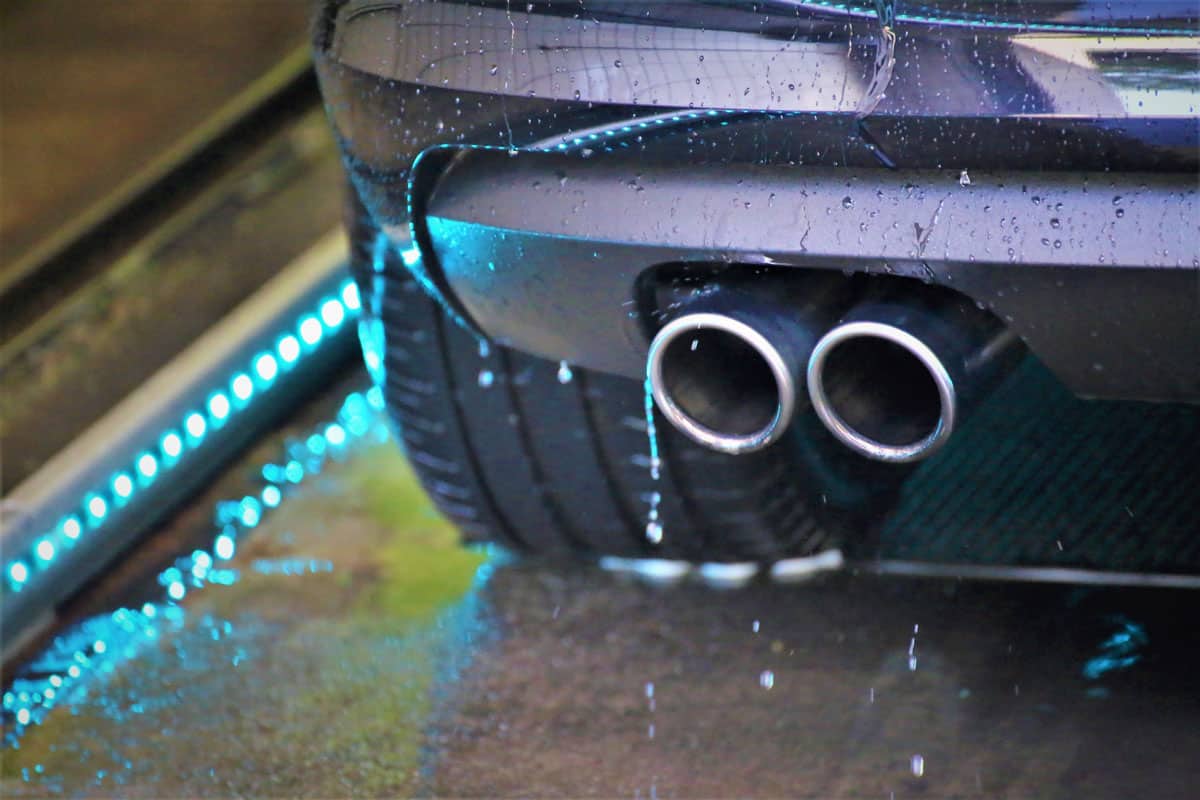
The average lifetime of a glasspack is between three months to a year. If well managed, there are always chances that you will use it much longer. It all depends on how frequently and how carefully you use your vehicle and what you choose to buy in terms of quality.
Before buying one, it is important to consider external factors like where you live, your neighborhood, and your health. Considering all these factors together would assist you in making the right choice. For more articles on exhausts, read these related posts:
